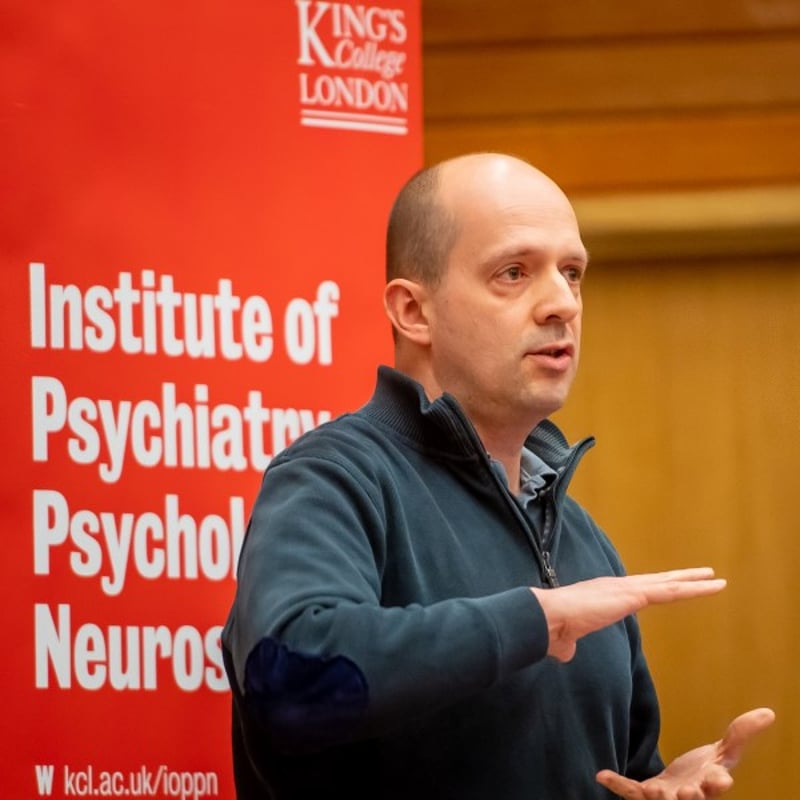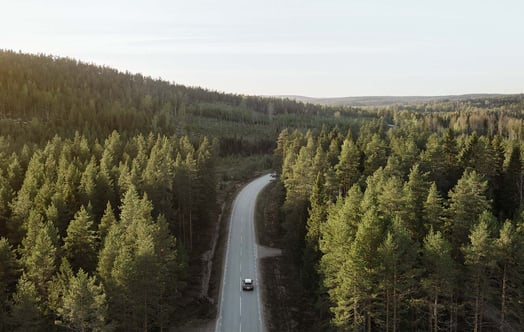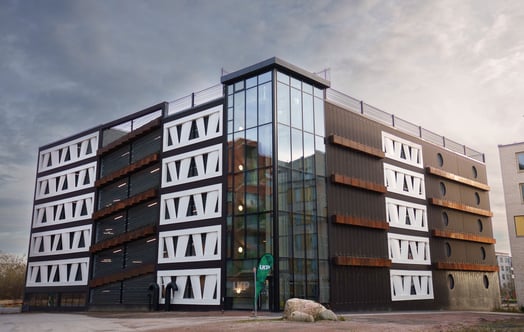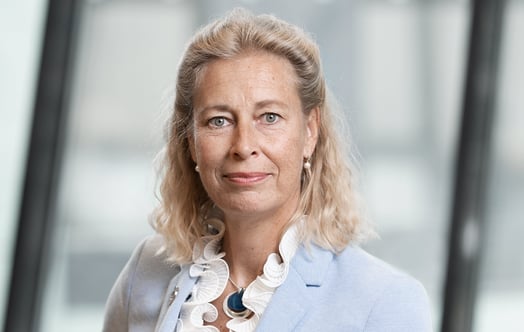
Eco-anxiety – and how to make it go away
Eco-anxiety, a condition many experience in response to a barrage of bad news about climate change and the environment, seems to impact young people the most. Fortunately, there is a cure.
The rise of eco-anxiety, especially among the young, is in many ways similar to the fear of nuclear weapons between the 1950s and mid 1980s, says neuroscientist Kris De Meyer, Director of the UCL Climate Action Unit (CAU) and Senior Research Fellow in the Department of Earth Sciences at London university UCL.

“During those periods, we have also had specific generations that were affected by this, similarly not seeing a future, not wanting to have any children, etcetera. Social scientists did study this in those days, and wrote papers where you can replace the words 'nuclear threat' with 'climate change threat' and the paper pretty much describes the situation from today,” says Kris De Meyer.
Evidence suggests the generational issue could be linked to a critical period of brain development which is likely to fall somewhere between 10– 15 years of age, during which exposure to threatening messages can have a larger and longer-lasting impact, says Kris De Meyer. This means that individuals who grew up with constant bad news about climate change are at a higher risk of experiencing eco-anxiety.
Medicine or therapy not the cure
The constant doom messaging can create anxiety, or even eco-depression, but it can also create the psychological responses of people switching off or even going into denial.
The way best of fixing eco-anxiety, regardless of the age of the person suffering from it, is not medicine or therapy. Even if some individuals may be in need of that.
“There isn't enough therapy in the world to deal with the havoc that is to come,” says Kris De Meyer.
“The only way to deal with the worry and concern about climate change is to fundamentally fix the problem. That means that all of us need to find our role to play in the big transition before us.”
Finding your own meaningful action is therefore the main recipe.
In order to take action, we also need to know how, says Kris De Meyer.
“Often people are descending into the spiral of anxiety because they don't know how to take action that feels meaningful in relation to the scale of the problem. Helping them to unlock their agency – their knowing how to do something – is the antidote. And for that, you need to start doing. ‘Actions drive beliefs’ and ‘action inspires action’ are the approaches we pursue in the Climate Action Unit,” he says.
Taking action and sharing stories
This also means we need to change how we talk about climate change, to promote agency and not just pushing people into eco-anxiety, switching off or denial.
“We need to talk about action. We need to talk at scale and across all corners and levels of society about how we are tackling climate change,” says Kris De Meyer.
He says that trying to fix eco-anxiety on a case-by-case basis would be impossible.
“The way to make eco-anxiety go away is by creating the sense among everyone in society that we are seriously tackling climate change. We need to redefine climate change in our collective minds and understandings from 'a threat we should be concerned about' to 'something we know how to act on'. And we can only do that by 1. taking the required action and 2. then sharing stories with each other about the action we are taking.”
On 24 September, Kris De Meyer will be speaking at the digital conference "Can climate communication overcome the bad news problem?", which we hope you will want to join. He will be participating in a panel that discusses the topic "Can we be balanced about climate change?".
Photo credit for top picture: Trent Haaland via Unsplash




